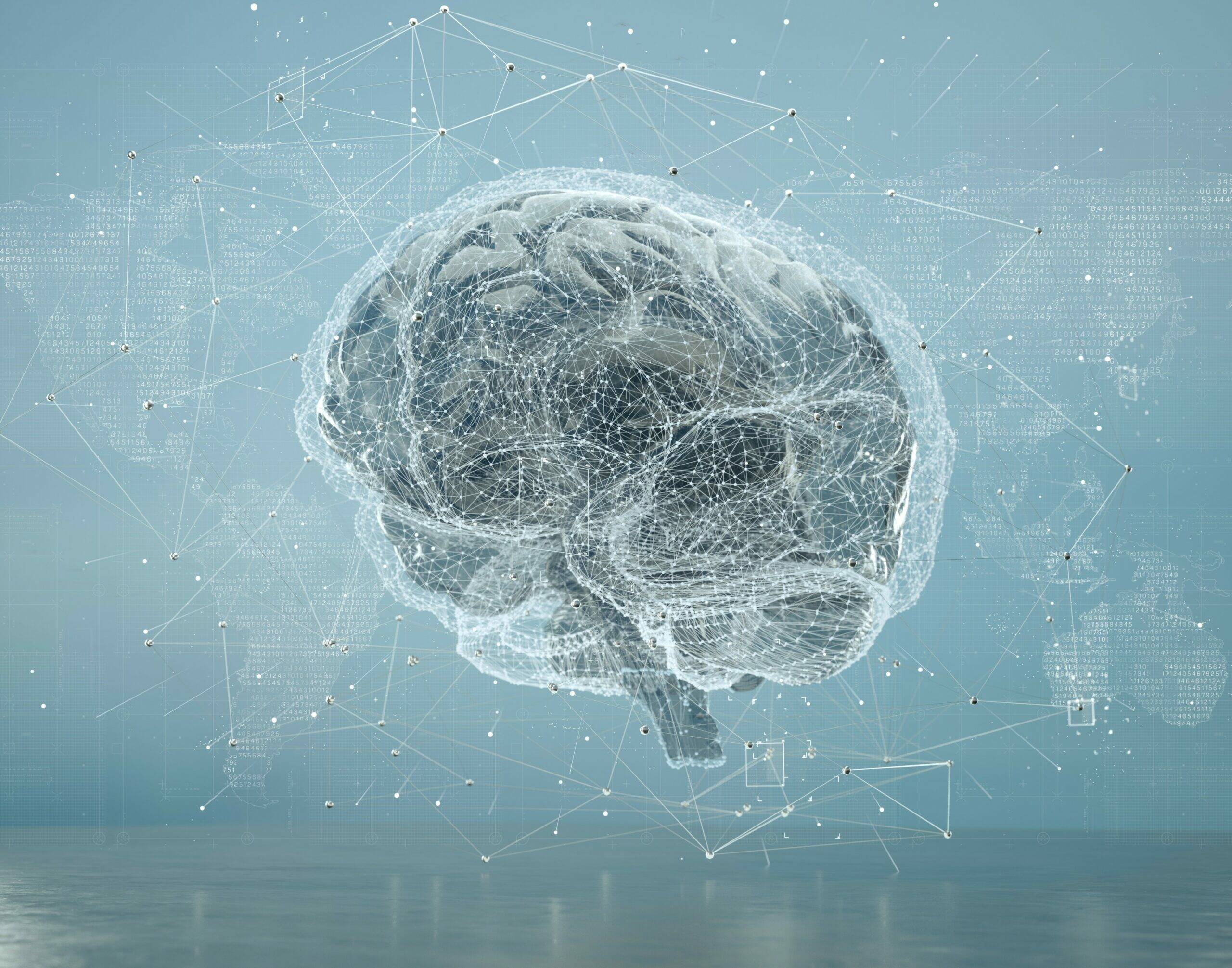
On March 13, the Artificial Intelligence Commission submitted its report “AI: Our ambition for France” to Emmanuel Macron. This report, suggesting an action plan to make France a country at the forefront of AI, bears witness to the intellectual effervescence that has characterized recent years.
An emerging AI ecosystem
France itself is not new to the subject: the Villani mission report, published in 2018, was already predicting major transformations in the workplace. A national strategy for artificial intelligence has been defined, along with a generative artificial intelligence committee to implement it. Nevertheless, it has so far been difficult for legislators to anticipate the rapid evolution of AI. The European Parliament’s recent vote in favor of a law governing artificial intelligence illustrates this institutional will to regulate practices without hindering innovation.
The development of artificial intelligence opens many doors, particularly for the intellectual service professions: new markets to conquer, new strategic positionings, potential productivity and economic gains… But it is surrounded by a certain vagueness and therefore gives rise to fears linked to the risks its development entails: deontological and ethical risks (affecting the professions of journalism, lawyers, consulting…), legal risks (determining liability in the event of damage caused by AI, intellectual property…), problems in terms of data security, lack of transparency of sources, existence of biases and censorship in AI models…
A rapid pace of change in the intellectual services sector
Public and private players are trying to keep up with the times, while new structures are emerging on the artificial intelligence market to position themselves in partly unexploited niche. A growing number of professional sectors, including consulting, audiovisual journalism and cultural industries, are questioning the role that AI will play in their practices…. “What’s new with generative AI is that certain knowledge, strategy and creativity professions (doctors, teachers, lawyers, journalists, artists…), once perceived as crucibles of human intelligence, could be affected by a reduction in the total number of jobs” (Source 1).
Analyses are therefore focusing on the question of AI’s impact, to understand how professions will evolve and what actions need to be taken to take advantage of the opportunities it creates, while circumventing its risks. The impact of AI on the volume of jobs (and therefore the potential losses its rise engenders) is one of the effects most relayed by the media. But this development will have consequences on the type of tasks performed by workers and therefore also on the skills to be mobilized.
The use of AI generates two types of impact on employment: the crowding-out effect (the displacement of certain tasks from human labor to machines; tasks are eliminated through automation) and the productivity effect (the use of AI increases productivity, thereby raising the quality/price ratio of marketed products, demand for these products becomes higher, leading to more hiring and the creation of new tasks).
According to the OECD report (2023) (Source 2), AI is already capable of performing many tasks, in particular replicating cognitive and manual skills, hitherto considered difficult to achieve by technology. Nevertheless, even if many tasks of the intellectual professions can be replicated by AI (writing, translation, synthesis, automatic updating…), it will also increase the demand for the technical skills needed to design, maintain and use AI systems. Cross-disciplinary skills will also gain in importance: critical reasoning, creativity, and the ability to create social links with others (team, customers/patients, partners…).
Today, it seems necessary to initiate analyses at sectoral levels to detect more precisely what the effects of AI will be on different professions.
What research methodologies are needed to address these issues?
Uncertainties inevitably arise when studying the impact of technologies on employment, as it is very difficult to predict the pace of innovations’ development. AI is a case in point, as its progression does not follow a linear rhythm: it developed relatively slowly for 50 years, then accelerated significantly from the 2000s onwards, and particularly in recent years with the rise of ChatGPT and the easy access of AI systems to the general public.
So how can we anticipate the impact of AI on business, and specifically on intellectual services professions?
- Since the development of Artificial Intelligence specifically affects certain tasks, it makes sense to assess the tasks affected for each profession, and therefore the consequences in terms of the skills required to perform them. Quantitatively, some economists associate with each task a probability of being replaced by AI. The limitation of this method is that it only analyzes existing tasks and cannot take into account those that will be created as a result of AI development.
- As is usual in most prospective analyses, it is relevant to examine past events to anticipate the future. This way, it is possible to derive evolutionary hypotheses and extrapolate scenarios by interviewing structures that have already integrated AI. Monographs of these structures can be produced, considering the viewpoints of all stakeholders: managers/HR and employees alike. Indeed, managers alone do not always have exhaustive knowledge of the tools used by their employees. The latter sometimes use AI tools in an unsupervised way. This is particularly true in the intellectual service sector. They often enjoy a certain degree of autonomy in their working lives and may therefore be more inclined to experiment with new tools and technologies, especially when they enable them to take the complexity out of some of their tasks and improve their efficiency.
- Similarly, to anticipate the effects of AI on professions, a comparative analysis of other sectors, as well as countries more advanced on the subject can teach us a lot, even if many biases can weigh in the balance. This method also has a limitation: the lack of temporal hindsight.
- To imagine these longer-term impacts, it seems essential to interview the first people involved: AI solutions publishers. These expert players provide knowledge of the technologies currently under development, and which will be implemented in the coming years.
These approaches provide a strong basis for examining current developments on the job market. However, it is crucial not only to focus on the alarming figures for potential job losses, but also to analyze the effects that the development of AI will have on working conditions, the way people work and their relationship to work.
Key indicators:
- Only 5% of French jobs would be threatened by AI (Source 1)
- 74% of companies using AI believe it will have a positive impact on skills development (Source 3)
Sources :
- 1 « IA : notre ambition pour la France » , Commission de l’Intelligence Artificielle, 2024 https://www.vie-publique.fr/rapport/293444-ia-notre-ambition-pour-la-france
- 2 « Perspectives de l’emploi de l’OCDE 2023 : Intelligence Artificielle et marché du travail », OCDE, 2023
https://www.oecd-ilibrary.org/sites/aae5dba0-fr/1/3/5/index.html?itemId=/content/publication/aae5dba0-fr&_csp_=23363e8e8e72fbff45605b9c57e0af14&itemIGO=oecd&itemContentType=book - 3 « Les employeurs face à l’Intelligence Artificielle (IA) », France Travail, 2023.
https://www.francetravail.org/files/live/sites/peorg/files/documents/Statistiques-et-analyses/_Documentation/Divers/P%C3%B4le%20emploi_Pr%C3%A9sentation_Enquete%20Intelligence%20Artificielle_2023.pdf - « Exposition à l’intelligence artificielle générative et emploi : une application à la classification socio-professionnelle française », Document de travail, Antonin Bergeaud, 2024
http://longtermproductivity.com/perso/exposure_ia.pdf


